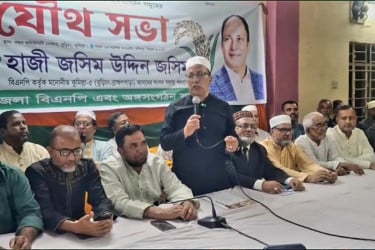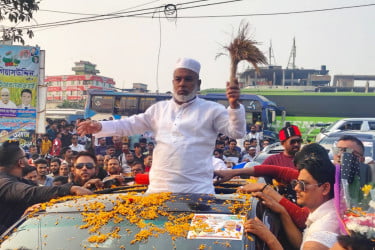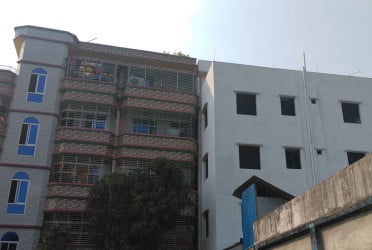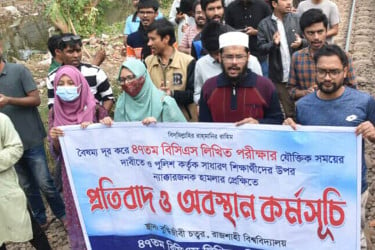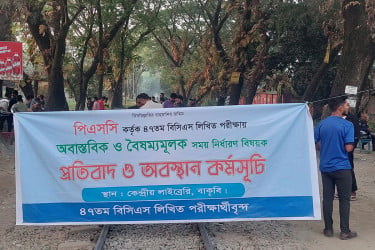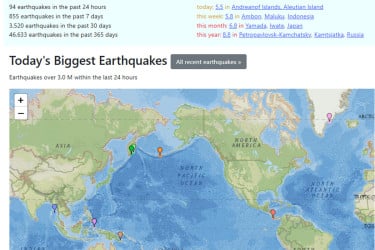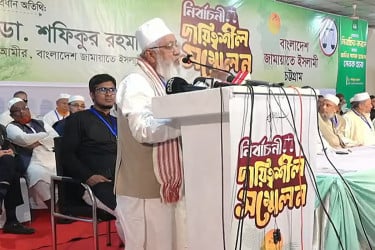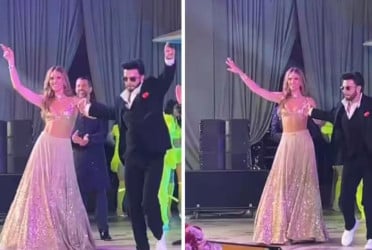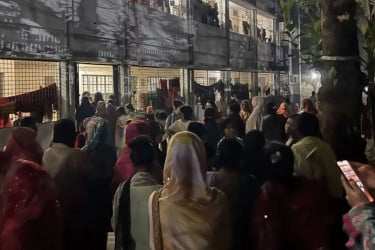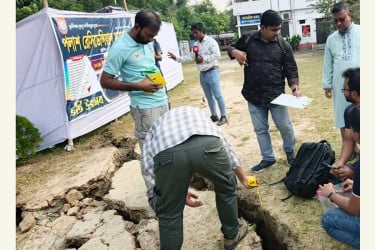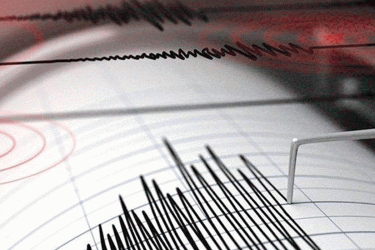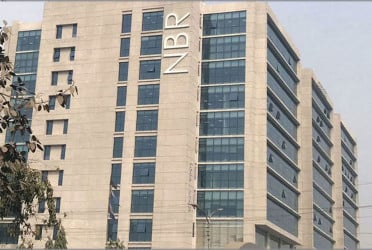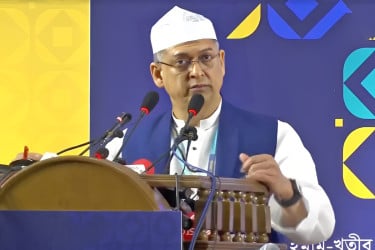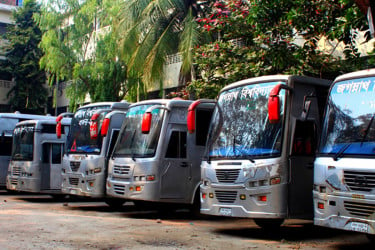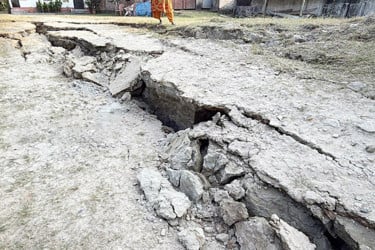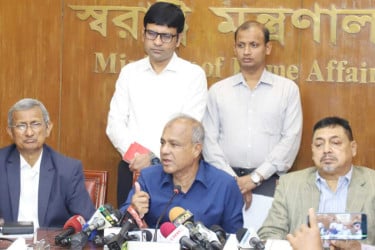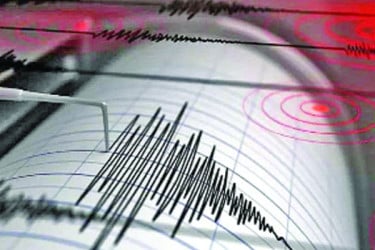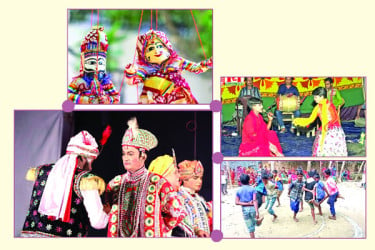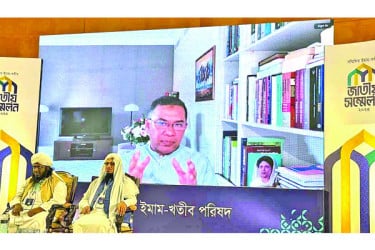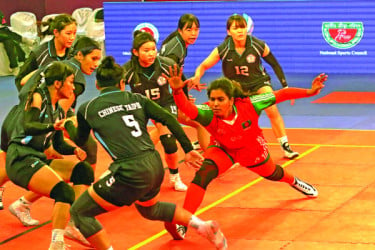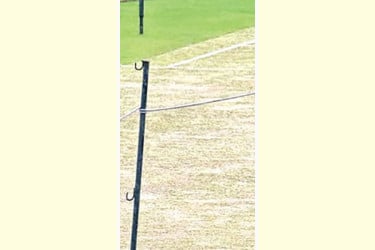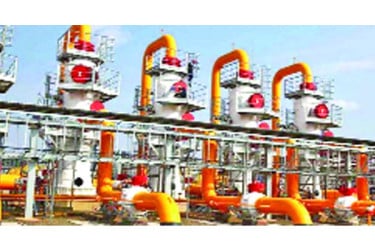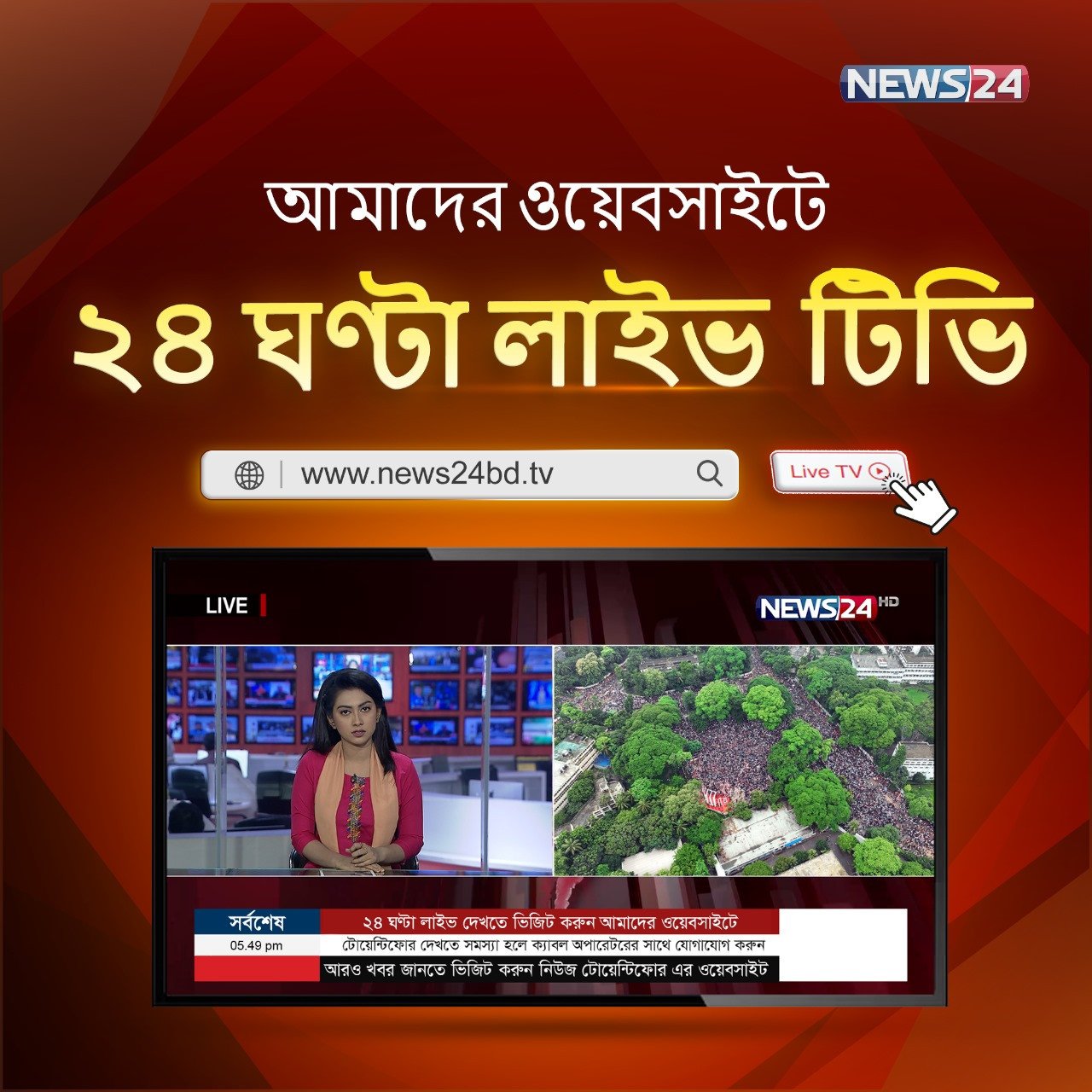Present continuous tense এর নানাবিধ ব্যবহার
এখন বা ঠিক এই মুহূর্তে কিংবা বর্তমান সময় ঘিরে কোনো কিছু ঘটছে বা সংঘটিত হচ্ছে বোঝাতেই আমরা সাধারণত Present continuous tense ব্যবহার করি। কয়েকটি অবস্থায় আমাদের সাধারণত এই tense ব্যবহার করা লাগে। সেই অবস্থাগুলো হলো যেমন ঠিক এখন কোনো কিছু ঘটছে বোঝাতে [happening now], অস্থায়ী কোনো অবস্থা অর্থাৎ অস্থায়ীভাবে কোনো কিছু হচ্ছে বা ঘটছে বোঝাতে [temporary situations], পরিবর্তনশীল কোনো অবস্থা অর্থাৎ ধীরে ধীরে বা অল্প অল্প করে কোনো অবস্থার পরিবর্তন হচ্ছে বোঝাতে [changing situations], বিরক্তিকর বা অসহনীয় কোনো অভ্যাস বোঝাতে [annoying habits] এবং নির্দিষ্ট ভবিষ্যৎ পরিকল্পনা বোঝাতে [Definite future actions] আমরা Present continuous tense ব্যবহার করি। নিচে এই tense ব্যবহারের কয়েকটি দিক নিয়ে বিস্তারিত আলোচনা করা হলো :
১. ঠিক এই মুহূর্তে কোনো কিছু ঘটছে বা সংঘটিত হচ্ছে বোঝাতে আমরা সাধারণত Present continuous tense ব্যবহার করি। [We use the present continuous tense to talk about activities happening now] নিচের উদাহরণগুলো লক্ষ্য করুন :
1. The kids are watching TV.
2. I am sitting down because I am tired. [আমি বসে আছি কারণ আমি ক্লান্ত।]
3. We are learning the present continuous tense.
4. Who are you writing to?
5. Please call later as we are eating dinner now. [দয়া করে পরে ফোন করুন কারণ আমরা এখন নৈশভোজ সারছি]
6. I am watching a cricket match between India and Bangladesh on TV now.
২. কোনো কিছু বা কোনো কাজ অত্যাবশ্যকীয়ভাবে ঠিক এই মুহূর্তে সংঘটিত না হলেও যদি বর্তমান সময়কে ঘিরে সংঘটিত হয় তাহলেও আমরা এই tense ব্যবহার করি। [We can also use the Present Continuous Tense to talk about activities happening around now, and not necessarily this very moment] নিচের উদাহরণগুলো লক্ষ্য করুন :
1. Shelly is studying really hard for her exams this week.
2. I am reading a really interesting book now. [আমি এখন [অর্থাৎ এই কয়েকদিন] সত্যিই একটি চমৎকার বই পড়ছি]
3 How are you brushing up on your English for the trip? [ভ্রমণের জন্য তুমি কীভাবে ইংরেজি ঝালাই করছ?]
4. We aren’t working hard these days. [আজকাল আমরা কঠোর পরিশ্রম করছি না।]
বি. দ্র: এক্ষেত্রে বাক্যে সাধারণত বর্তমান নির্দেশক শব্দ বা শব্দগুচ্ছ যেমন this week, these days, now etc চোখে পড়ে।
৩. অস্থায়ী অবস্থা বোঝাতে অর্থাৎ কোনো কিছু দীর্ঘ সময় ধরে চলবে না বা বিদ্যমান থাকবে না বোঝাতেও আমরা এই tense ব্যবহার করি। [We can also use this tense for temporary situations, when we feel something won’t continue for a long time] নিচের উদাহরণগুলোর মাধ্যমে তা বোঝার চেষ্টা করুন :
1. She’s staying with her friend for a week.[সে এক সপ্তাহের জন্য তার বন্ধুর সঙ্গে থাকছে।]
2. I’m living in London for a few months. [আমি কয়েকমাসের জন্য লন্ডনে আছি বা বসবাস করছি।]
3. Karim is working in a restaurant until he finds a job in his field.
4. I am staying in Dhaka for few days.[আমি কয়েকদিন ঢাকায় অবস্থান করছি।]
বি. দ্র.: উপরোক্ত বাক্যগুলো দ্বারা অস্থায়ী অবস্থা বোঝালেও তা কিন্তু বর্তমান সময় ঘিরেই সংঘটিত হচ্ছে।
৪. নতুন বা অস্থায়ী কোনো অভ্যাস বোঝাতেও আমরা Present continuous tense ব্যবহার করি। তবে দীর্ঘ সময় ধরে চলা কোনো স্বাভাবিক অভ্যাস বোঝাতে কিন্তু আমরা ব্যবহার করি। [We can use the present continuous for habits but they have to be temporary or new habits (for normal habits that continue for a long time, we use the present simple).
1. He’s eating a lot these days.[আজকাল সে প্রচুর খাচ্ছে। এর দ্বারা অস্থায়ী বা নতুন একটি অভ্যাস বোঝাচ্ছে।]
2. She’s swimming every morning (she didn’t use to do this). [প্রতিদিন সকালে সে সাঁতার কাটছে। এটা একটা নতুন অভ্যাস যা সে আগে করতো না। ]
3. You’re smoking too much. [তুমি খুব বেশি ধূমপান করছ। অর্থাৎ এই বিষয়টি ইদানীং লক্ষ্য করা যাচ্ছে। এটা কোনো দীর্ঘস্থায়ী অভ্যাস নয়।]
বি. দ্র. : You smoke too much. [তুমি খুব বেশি ধূমপান কর। অর্থাৎ এর দ্বারা একটা দীর্ঘস্থায়ী অভ্যাস বোঝাচ্ছে। তাই আমরা এই বাক্যে present simple ব্যবহার করেছি।
৫. নিকট ভবিষ্যতে কোনো কিছু ঘটতে যাচ্ছে অর্থাৎ বিশেষ করে পরিকল্পিত কোনো ভবিষ্যৎ ঘটনা বর্ণনা করতেও আমরা Present continuous tense ব্যবহার করি। [The Present Continuous Tense is also used to talk about activities happening in the near future, especially for planned future events.] নিচের বাক্যগুলো দেখুন :
1. I am seeing my dentist on Wednesday. [আমি বুধবার দন্তচিকিৎসককে দেখাতে যাচ্ছি বা দন্তচিকিৎসকের সঙ্গে আমার বুধবার সাক্ষাৎ হচ্ছে]
2. Polly is coming for dinner tomorrow.
3. Are you doing anything tonight? [আজ রাতে তুমি কি কিছু করছ?]
4. We aren’t going on holiday next week.
লক্ষ্য করুন, এক্ষেত্রে বাক্যে সাধারণত নিকট ভবিষ্যৎ নির্দেশক শব্দ যেমন tomorrow, tonight, next বিবশ ইত্যাদি থাকে।
৬. কোনো একটা অবস্থার আস্তে আস্তে বা ধীরে ধীরে পরিবর্তন হচ্ছে বোঝাতেও আমরা এই Tense ব্যবহার করি। [We use this tense also to talk about a situation which is slowly changing] নিচের বাক্যগুলো লক্ষ্য করুন :
1. I’m getting better at playing the piano. [পিয়ানো বাজানোর ক্ষেত্রে আমার উন্নতি হচ্ছে।]
2. The weather is improving. [আবহাওয়ার উন্নতি হচ্ছে।]
3. He is recovering. [সে সুস্থ হয়ে উঠছে।]
৭. প্রায়-ই ঘটছে ও অপ্রত্যাশিত এমন বিরক্তিকর বা অসহনীয় কোনো অবস্থা বোঝাতেও আমরা Present Continuous Tense ব্যবহার করি। এ ক্ষেত্রে আমরা সচরাচর ধষধুিং, constantly, forever ইত্যাদি ধফাবত্ন ব্যবহার করি| [Another present continuous use is for annoying habits, when we want to show that something happens too often and we don’t like it. In this case we usually use an adverb like ‘always’, ‘forever’ or ‘constantly’.]
1. You’re always losing your keys.[ তুমি প্রায় সময়-ই চাবি হারিয়ে ফেলছ।]
2. She’s constantly missing the train. [সে প্রতিনিয়তই ট্রেন ধরতে ব্যর্থ হচ্ছে। অপ্রত্যাশিত একটা ব্যাপার]
3. He’s always sleeping in.
4. They’re forever being late.
5. He is always being late. [তার সর্বদাই দেরি হচ্ছে।]


















